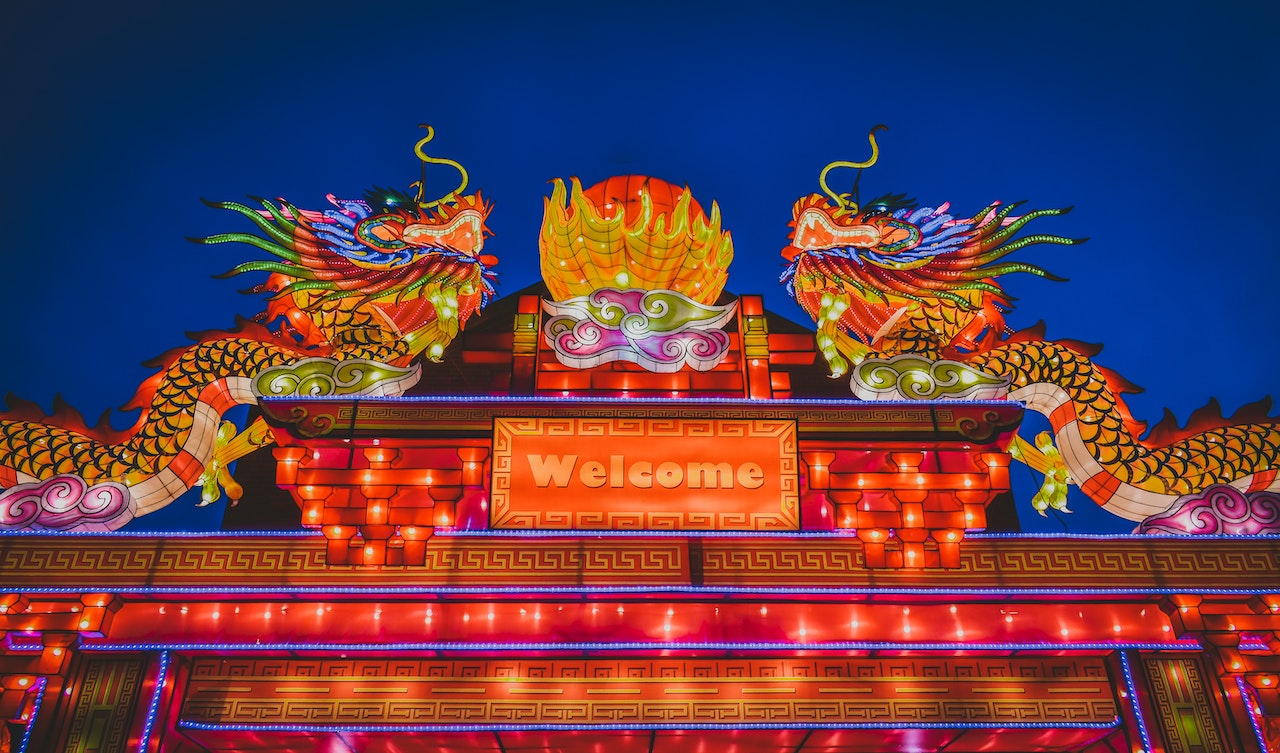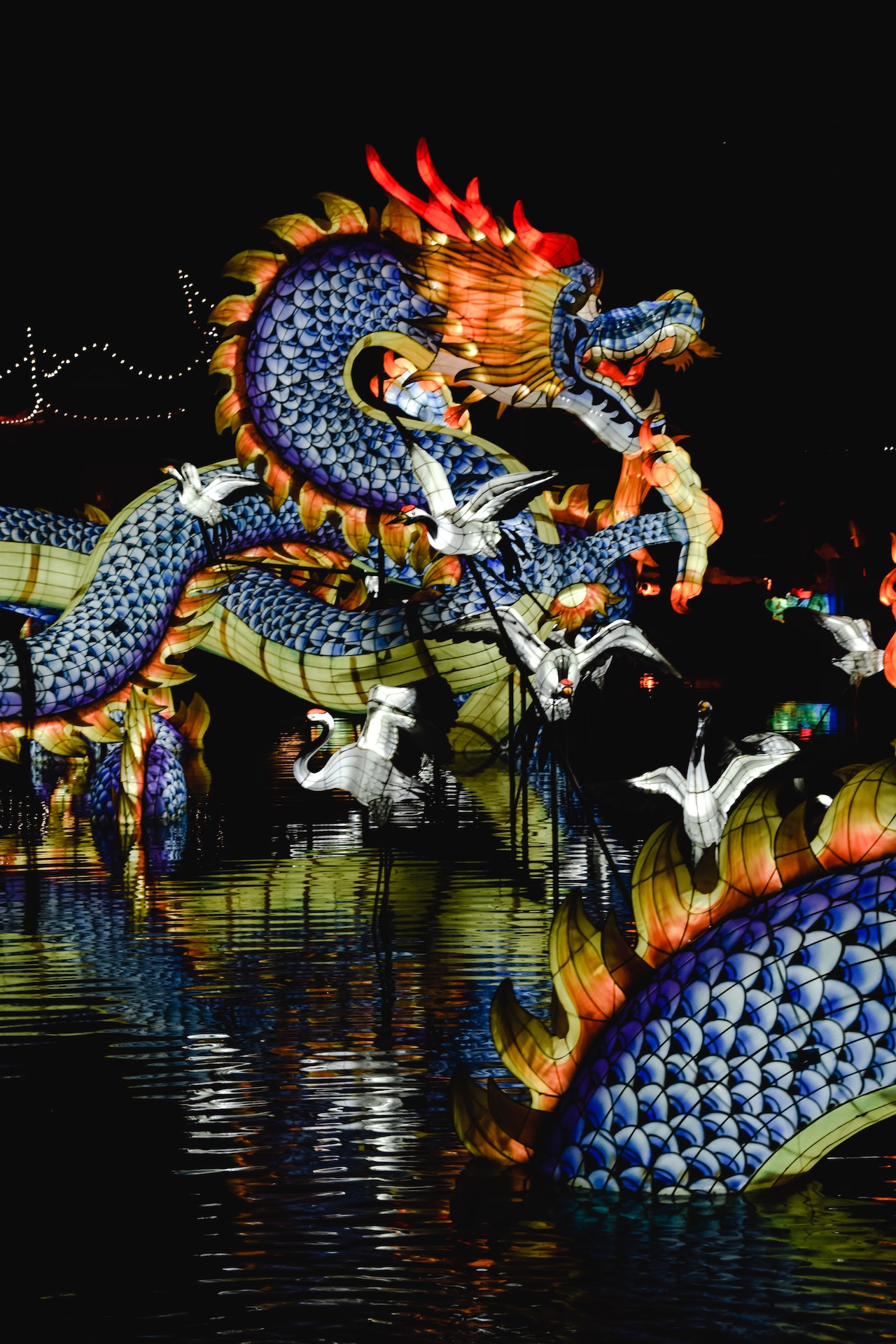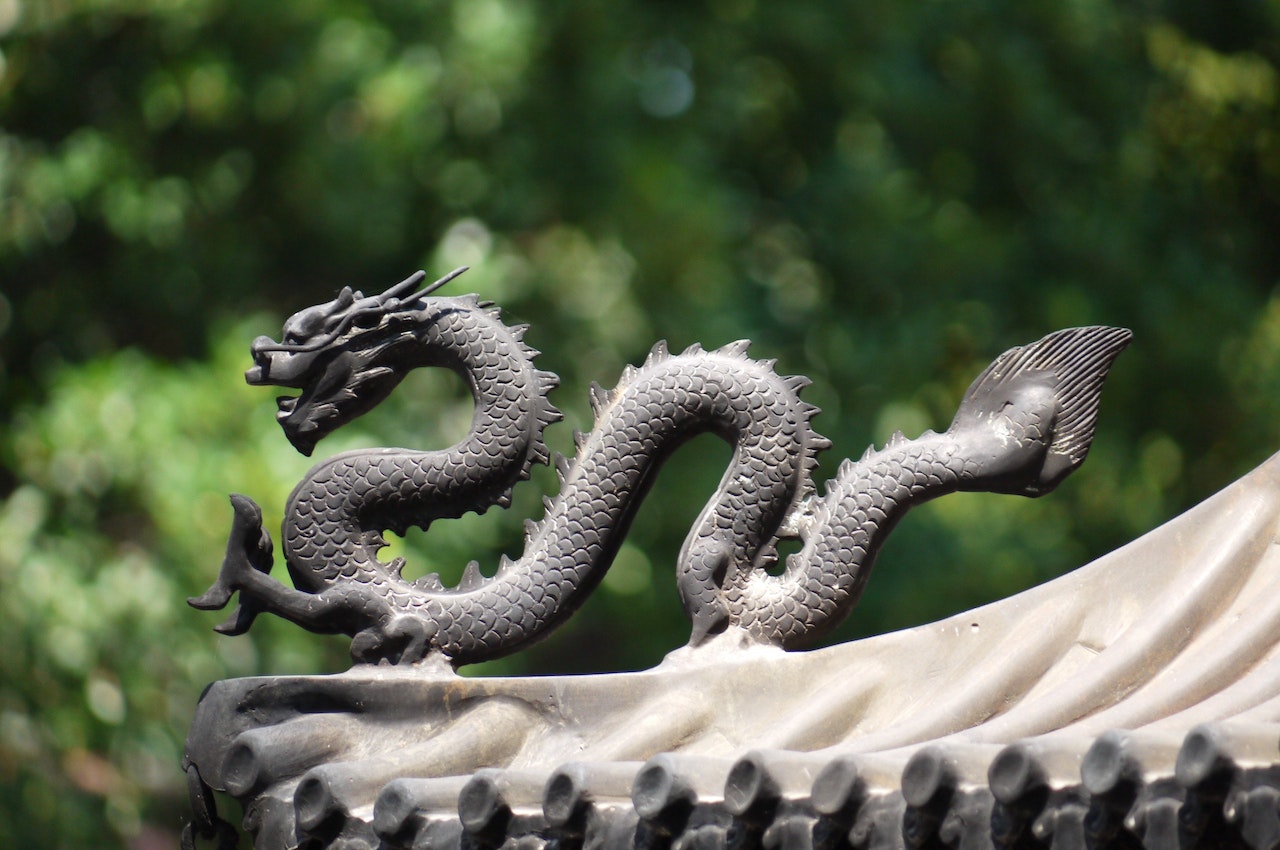The dragon, a mythical creature with awe-inspiring power and majestic allure, holds a significant place in Chinese culture and history. As a symbol deeply rooted in Chinese mythology and folklore, the dragon represents strength, wisdom, and prosperity. This article explores the profound symbolism of the dragon in Chinese traditions, its historical significance, and its enduring influence on the nation’s identity.
Ancient Origins
The dragon’s symbolism can be traced back thousands of years in China. In ancient times, Chinese civilization revered dragons as divine beings associated with celestial forces and the power of the Emperor. Dragons were believed to bring rain, control water, and possess immense strength. They were considered the embodiment of good fortune and blessings, as well as guardians of wisdom and harmony.

Imperial Symbolism
The dragon became intricately linked with the imperial court, symbolizing the ruler’s authority and the mandate to govern. The Emperor was often referred to as the “Son of the Dragon,” emphasizing his connection to the mythical creature. Dragon motifs adorned imperial palaces, thrones, and royal garments, signifying the Emperor’s legitimacy, power, and divine protection. Dragons were seen as protectors of the nation and were believed to bring prosperity and abundance.
Cultural Significance
Beyond the realm of politics, the dragon has permeated various aspects of Chinese culture. Dragon dances and dragon boat races are vibrant traditions that celebrate the mythical creature. These activities are performed during festivals and auspicious occasions, believed to ward off evil spirits and bring good luck. Dragon imagery is also found in Chinese art, architecture, and traditional crafts, showcasing the creature’s enduring presence and cultural importance.
Yin and Yang: Dual Nature of the Dragon
The dragon’s symbolism encompasses both yin and yang, representing the duality and balance of nature. In Chinese philosophy, the dragon embodies the harmonious interplay of opposite forces. Its serpentine body represents the flexible and nurturing aspects of yin, while its fiery breath and powerful nature symbolize the active and assertive qualities of yang. The dragon’s ability to embody these contrasting forces exemplifies the Chinese belief in the importance of harmony and balance.
Modern Interpretations
In contemporary China, the dragon continues to be a prominent symbol. It features prominently during national celebrations and important events, serving as a representation of Chinese cultural heritage and national pride. The dragon is also frequently employed in corporate logos, sports team mascots, and modern artwork, reflecting its enduring popularity and connection to the nation’s identity.

The dragon’s symbolism as a guardian, bringer of prosperity, and emblem of power has transcended generations in China. It represents the nation’s rich history, cultural values, and enduring spirit. As a symbol deeply ingrained in Chinese mythology and folklore, the dragon continues to captivate imaginations and inspire awe. Its legacy serves as a reminder of China’s ancient civilization, its imperial legacy, and the enduring aspirations for strength, wisdom, and prosperity. The dragon’s majestic presence in Chinese culture solidifies its position as an iconic symbol, embodying the essence of China’s identity.
